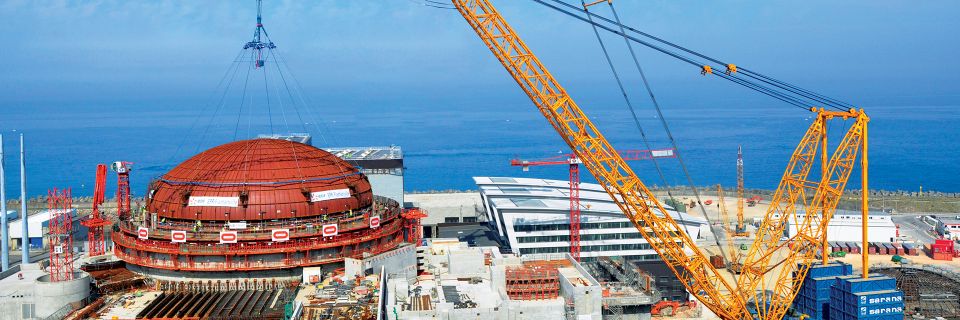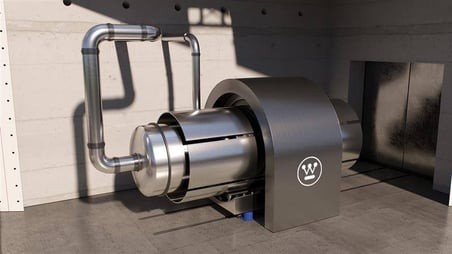The interim staff guidance is intended to clarify the NRC’s position when it comes to accessing the DTF for major component disposal during operations, including what information would assist the NRC staff in assessing an exemption request from a reactor licensee.
Background: The NRC was petitioned in 2008 and again in 2019 to revise its definition of decommissioning in 10 CFR 50.2 and to amend 10 CFR 50.82 to allow access to the DTF to pay for the cost of the disposal of major reactor components prior to a nuclear power plant permanently ceasing operations. The commission denied both petitions, noting the subject is adequately covered by existing regulations, including the agency’s exemption process, and also determined that the removal and replacement of such components during operations is a “cost of doing business.”
According to the NRC, “Any withdrawal of funds from the DTF during operations, other than those allowed by NRC regulations, could undermine the intent of the decommissioning funding regulations. Therefore, only under extraordinary circumstances would a withdrawal from the DTF prior to permanent cessation of operations be permissible.”
Exemptions: According to the interim staff guidance, an exemption may be granted if the NRC determines that the DTF contains funds in excess of the total estimated cost of completing all required radiological decommissioning of the reactor. The NRC allows the licensee to use economic projections for future years in calculating the amount of excess funds in the DTF.
However, because of possible DTF shortfalls due to changing economic situations, the NRC said staff will evaluate each exemption request “based on a totality of facts.”






